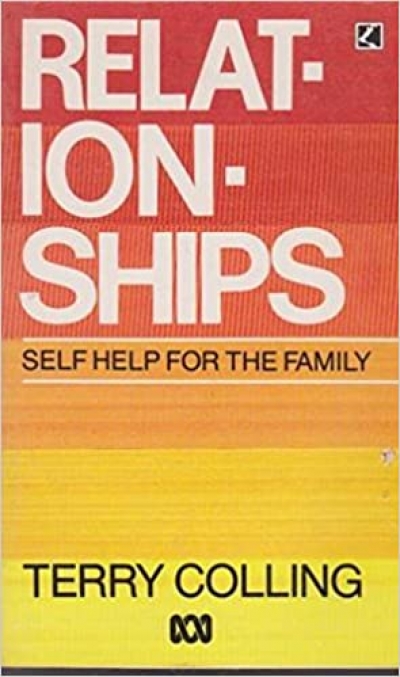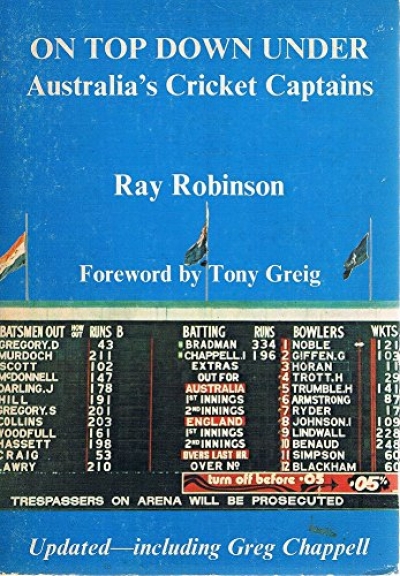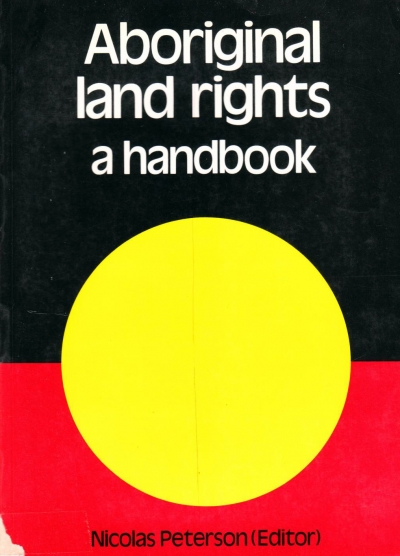Archive
When the ABC asked me to adapt Roger McDonald’s novel 1915 into a major seven-part serial, I declined. Ray Alchin, producer and head of the ABC’s film studio in Sydney, looked at me with disbelief and asked me to read it again. So I read it again, twice, and thanked him for having the good sense to see its possibilities, and gratefully accepted.
... (read more)Portable Australian Authors: Joseph Furphy edited by John Barnes
by John Hanrahan •
The Story of Gallipoli by Bill Gammage, based on the screenplay by David Williamson
by Margaret Smith •
James Macarthur by John Manning Ward & Philip Gidley King by Jonathan King & John King
by Beverley Kingston •










